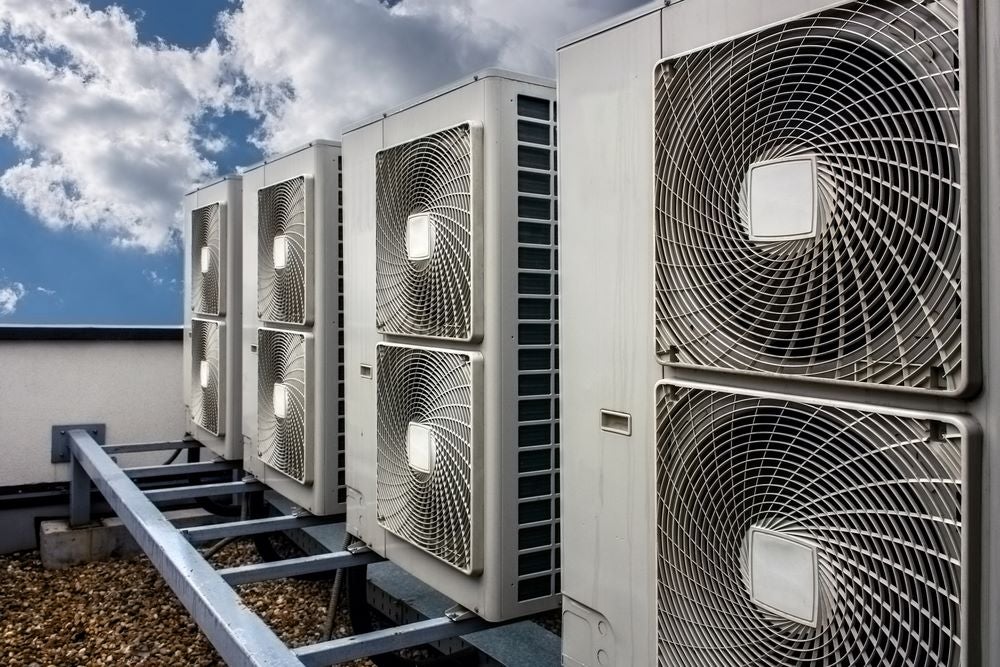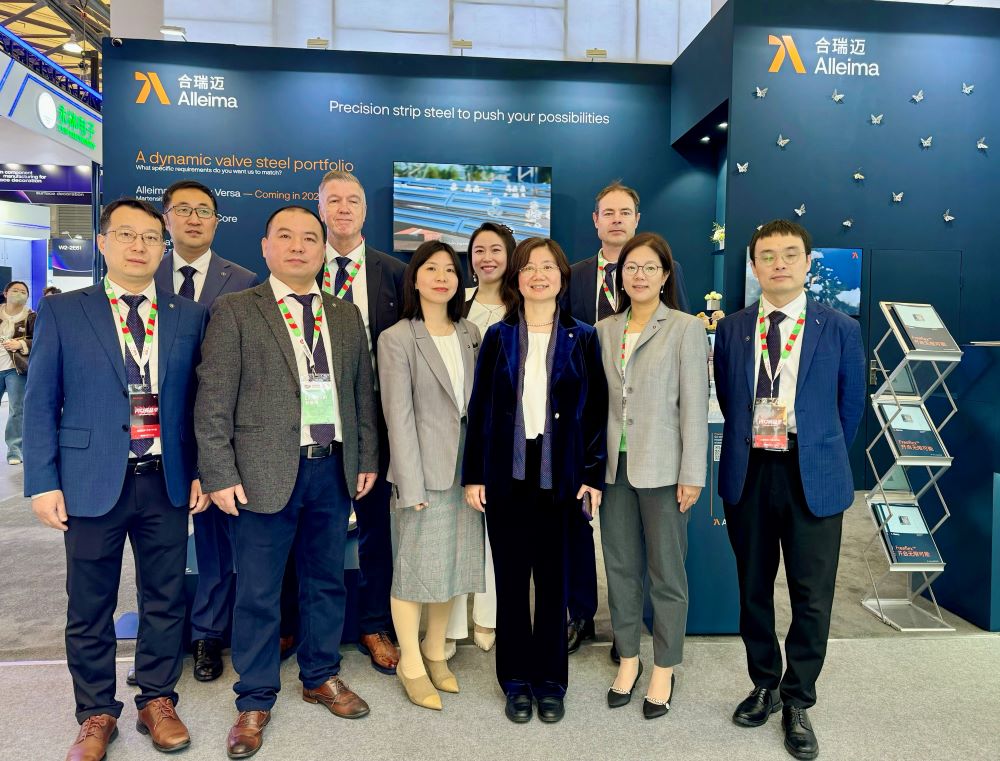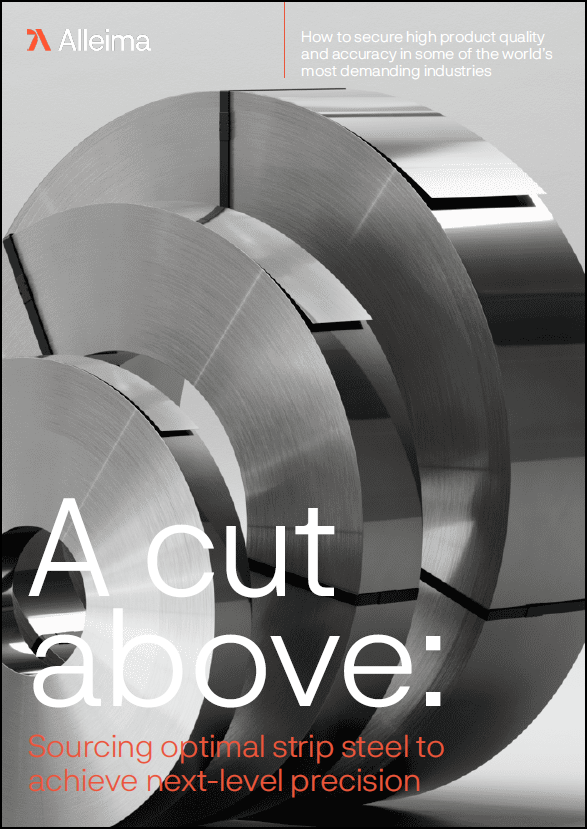
The global demand for cooling systems is on the rise. Population growth, urbanisation, higher living standards and the impacts of climate change are contributing factors. According to the International Energy Agency, the use of air conditioners and electric fans already account for about a fifth of the total electricity in buildings around the world, or 10% of all global electricity consumption and studies show that use could triple by 2050 amid worsening meteorological heat shocks. The dichotomy is clear. We are all getting warmer, and our cooling devices are making things worse.
A conversation about cooling system efficiency is long overdue. What if a very small change to one of the parts of a cooling system, could play an outsize role in reducing emissions?
The company’s own research conducted over a 10-year-period to 2022 showed that Alleima Hiflex™ contributed to improve the energy efficiency of air conditioners by an estimated 18%. This is equivalent to the output of five modern nuclear power plants (50 TWh) and provides CO2 savings of more than 21 million tonnes. The company credits improved design, durability, and mechanical properties in the material for this climate-friendly achievement.
Building on this achievement, Alleima’s Freeflex® Core enters the world stage at a pivotal moment.
At the 2024 Appliance & Electronics World Expo (AWE), the new component won the Best Component Award, an accolade that recognises innovative components and materials that make outstanding contributions to product performance.
No compromises
Freeflex® Core is distinguished by its hardened and tempered martensitic stainless steel composition that is alloyed with copper, which contributes to its high strength, excellent ductility, superb wear resistance, and remarkable fatigue strength under both bending and impact stress. These properties are vital for compressor valves, which play a crucial role in regulating the flow of refrigerant in cooling systems. By enabling higher valve lift, the component facilitates more power generation with minimal changes to the power curve, allowing cooling systems to operate more efficiently and with reduced energy consumption.
Guofan Zhang, senior application specialist at Alleima says: “Freeflex® in general has a higher fatigue strength than other compressor valve steels on the market. It has better wear resistance, better bending fatigue, and better impact fatigue resistance, which means that it lasts longer and is especially suited for the AC demand of keeping the noise at a low level.”

Credit: Alleima
The exceptional fatigue strength of Freeflex® not only enables manufacturers to innovate in the design of more energy-efficient compressors but also aligns with global efforts to meet stringent energy efficiency standards. For instance, the EU’s framework for energy labelling, the US Department of Energy’s efficiency standards for refrigerators and washing machines, and the UK’s legislation to tackle premature obsolescence in electrical goods, all underscore the need for materials such as Freeflex® that can help manufacturers achieve higher energy efficiency ratings and improve longevity. This innovation is particularly timely, as regulatory bodies worldwide push for improvements in appliance efficiency to mitigate environmental impacts and reduce energy costs for consumers.
A sustainable manufacturing ethos
Alleima’s commitment to sustainability extends beyond the development of Freeflex®. The company manufactures the vast majority of its strip steel products, including its compressor steel, using 82% recycled material and more than 94% fossil-free electricity. This approach not only reduces the environmental impact of the manufacturing process itself but also supports the broader goal of creating sustainable supply chains for the production of energy-efficient cooling systems.
By offering enhanced performance characteristics and supporting sustainable manufacturing practices, the award-winning Freeflex is poised to support the refrigeration and air conditioning industries reduce its environmental footprint, comply with strict regulatory standards, and meet the growing global demand for energy-efficient cooling solutions.
Find out more about Alleima’s advanced materials in the free whitepaper below.



